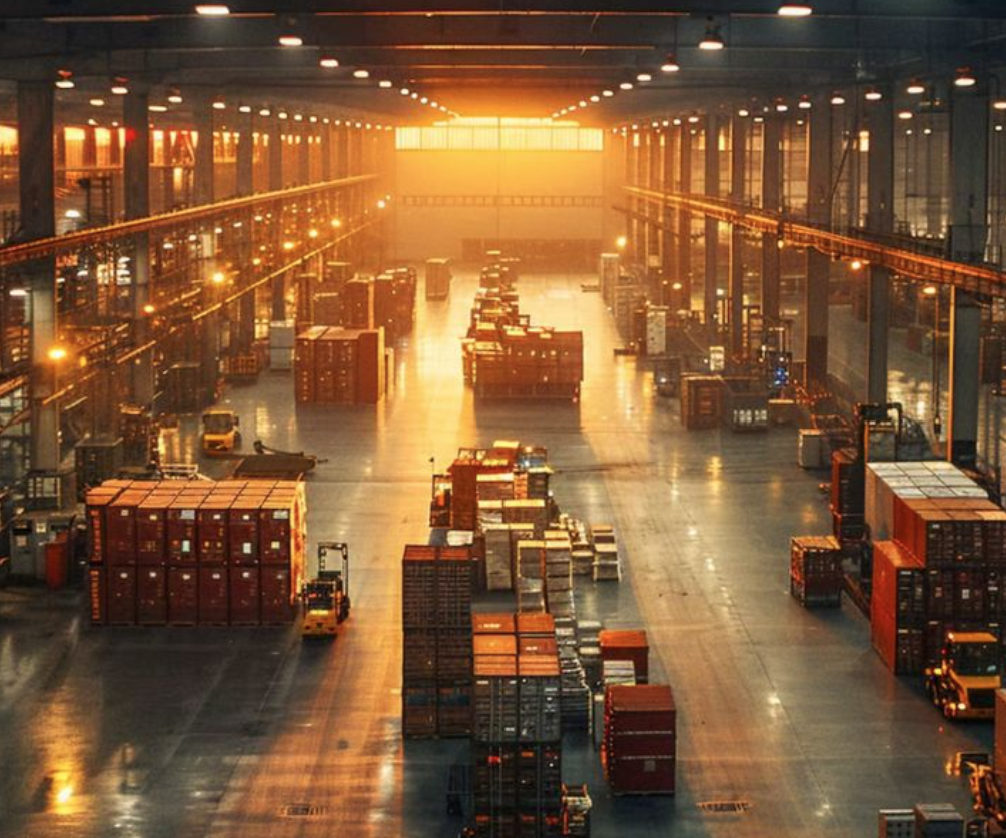Enhancing Efficiency, Compliance, and Innovation
Advanced manufacturing refers to the use of technologies to coordinate physical and digital processes within factories and throughout the manufacturing supply chain. While its impact is significant across various sectors, it is particularly transformative in logistics and supply chain management. As demand for efficiency, compliance, and innovation grows in these fields, advanced manufacturing techniques have become essential for maintaining competitiveness and ensuring high-quality standards.
Read on to discover how advanced manufacturing technologies are reshaping logistics and supply chain management, enhancing productivity, regulatory compliance, and innovative capabilities.
The Upsurge in Advanced Manufacturing
The global advanced manufacturing market, valued at USD 88.7 billion in 2021, is projected to reach USD 228.2 billion by 2027, with a compound annual growth rate (CAGR) of 18.5%. This remarkable growth reflects the increasing implementation of technologies like artificial intelligence (AI), machine learning (ML), robotics, and 3D printing, transforming traditional manufacturing processes into advanced methodologies.
Advanced Manufacturing in Logistics
In the context of logistics and supply chain management, advanced manufacturing facilitates smoother coordination between physical and digital processes. This encompasses everything from material sourcing and inventory management to transportation and distribution. The integration of automation and real-time data generation leads to significant enhancements in operational efficiency, regulatory compliance, and innovative capabilities.
Advanced manufacturing addresses critical challenges in logistics, such as complex supply chains, stringent regulatory requirements, and the need for consistent product availability through the following methods:
- Continuous Supply Chain Management: Moving beyond traditional methods, continuous processes streamline operations, reducing downtime and material waste.
- Process Analytical Technologies (PAT): Real-time monitoring of logistics processes ensures quality control and compliance, enhancing overall service delivery.
- AI-Driven Control Systems: Automated inspection and analysis improve accuracy and reduce human error in logistics operations.
Compliance and Regulatory Efficiency
Regulatory compliance is streamlined through advanced manufacturing technologies. AI and machine learning enable real-time monitoring of logistics processes, ensuring adherence to strict guidelines and standards. Advanced manufacturing systems can generate detailed records, fostering transparency and providing regulators with real-time information—crucial for maintaining safety and efficiency in logistics.
Industry 4.0 and 5G in Supply Chain Management
The logistics sector is making significant strides thanks to the rapid adoption of Industry 4.0 technologies. This transformation enhances communication between machines, systems, and humans, making supply chain operations more agile and responsive.
5G technology, with its high-speed and low-latency connectivity, facilitates real-time data sharing and analysis, leading to quicker responses in logistics processes. This agility proved vital during the COVID-19 pandemic, as advanced manufacturing techniques allowed companies to rapidly adapt their supply chains to meet surging demand for essential goods.
Industry 5.0 and Human-Centric Manufacturing – The Future
Looking ahead, Industry 5.0 promises to further advance manufacturing by emphasizing human-machine collaboration, sustainability, and resilience. By prioritizing collaboration between humans and machines, this new phase will leverage technologies like collaborative robots (Cobots), AI, and advanced data analytics.
The sustainability focus of Industry 5.0 aligns well with logistics and supply chain management's increasing emphasis on environmentally friendly practices. Advanced manufacturing can help reduce the environmental footprint of logistics operations through strategies that optimize energy consumption, minimize waste, and incorporate sustainable materials into the supply chain.
By leveraging cutting-edge technologies, logistics and supply chain professionals can navigate modern challenges while remaining competitive in a rapidly evolving market.
AIM Congress 2025 – Exposure to the Latest in Advanced Manufacturing
AIM Congress 2025, an initiative of the AIM Global Foundation, is a premier platform for professionals at all levels to learn, network, and thrive in the evolving world of manufacturing. Join us to enhance your company's reputation, gain valuable insights, and connect with like-minded stakeholders through exhibitions, workshops, and conferences focused on advanced manufacturing in logistics and supply chain management.
